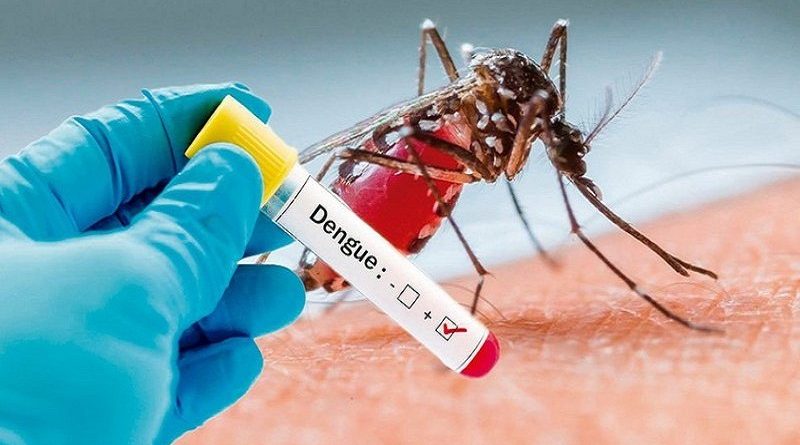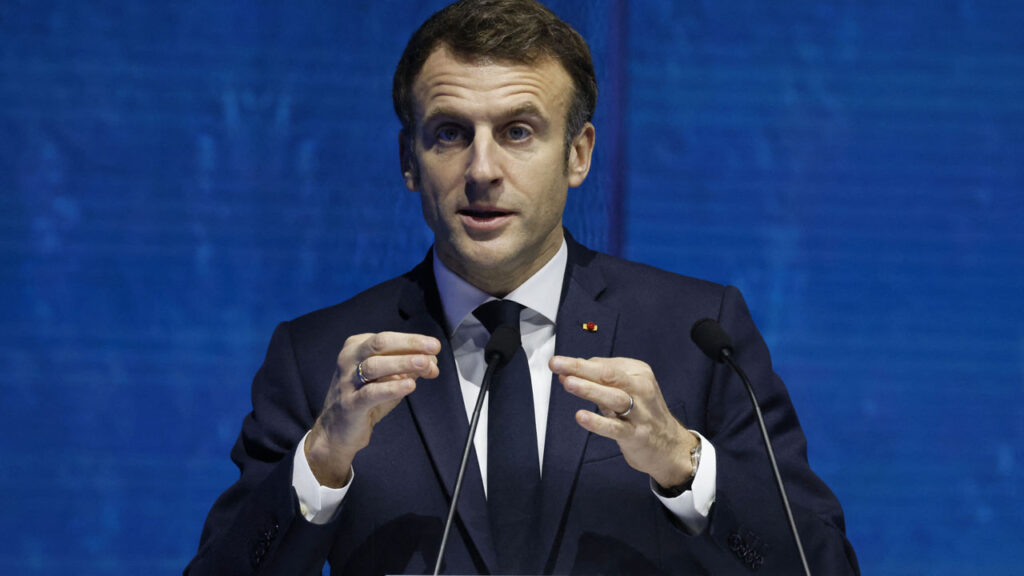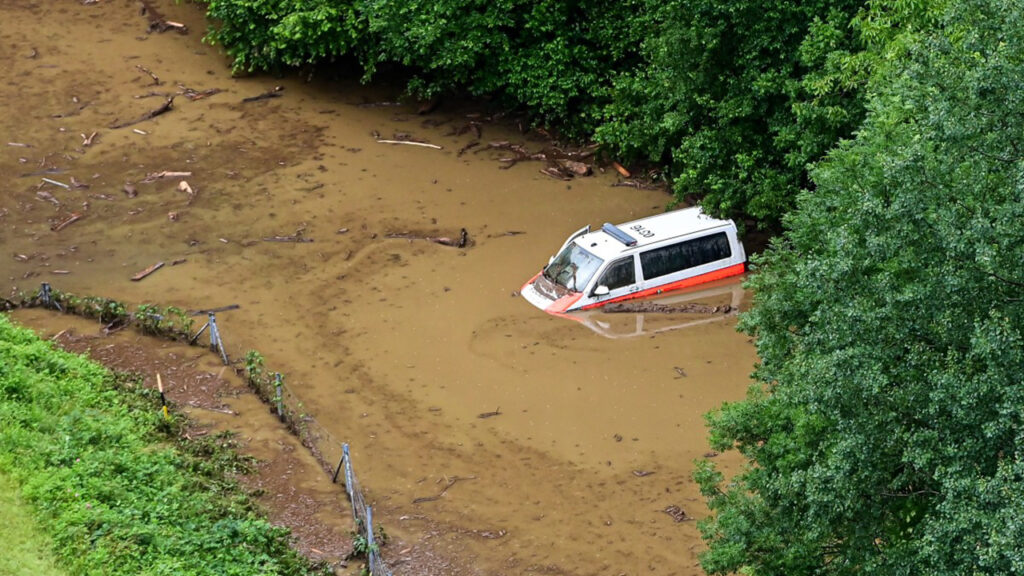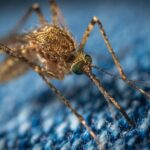
Cases of dengue and other mosquito-borne diseases are rising significantly in Europe as climate change creates warmer conditions that help invasive mosquitos spread, the EU’s health agency warned on Tuesday.
In 2023, 130 locally acquired cases of dengue were reported in the region comprising the European Union (EU) plus Iceland, Liechtenstein and Norway (EEA), compared to 71 in 2022.
This was a “significant increase” from the 2010-2021 period, when the number for the entire period was 73, the Stockholm-based European Centre for Disease Prevention and Control (ECDC) said.
Imported cases were also on the rise, with 1,572 cases in 2022 and 4,900 in 2023, “the highest number” since the start of EU monitoring in 2008.
“Europe is already seeing how climate change is creating more favourable conditions for invasive mosquitoes to spread into previously unaffected areas and infect more people with diseases such as dengue,” ECDC director Andrea Ammon said.
“What we can see is that there is a connection between a higher temperature in summer, a milder winter and the spread of the mosquitos further in areas where they are not present right now,” Ammon told a press conference.
For West Nile virus, 713 locally acquired cases were reported in 123 different regions in nine EU countries in 2023, and 67 deaths.
While the number of cases was down from 1,133 in 2022, the number of affected regions was the highest since 2018.
The mosquito responsible for spreading the West Nile virus, Culex pipiens, is native to Europe and is present throughout the EU/EEA, the ECDC said.
The Aedes albopictus mosquito, known for transmitting the dengue, chikungunya and Zika viruses, “is spreading further north, east and west in Europe, and now has self-sustaining populations across 13 EU/EEA countries”, the ECDC said.
The Aedes aegypti species, responsible for spreading yellow fever, dengue, chikungunya and Zika, has recently established itself in Cyprus and several outermost EU regions, such as Madeira and the French Caribbean islands, it said.
“It is widely anticipated that climate change will largely impact the spread of mosquito-borne diseases in Europe, for instance, through the creation of environmental conditions favourable for the establishment and growth of mosquito populations,” the ECDC said.
The agency said the establishment of coordinated measures, such as insecticidal nets and indoor residual spraying, were crucial to combat mosquito-borne illnesses, as well as simple measures such as removing stagnant water from balconies and gardens and personal protective efforts to reduce the risk of mosquito bites.












